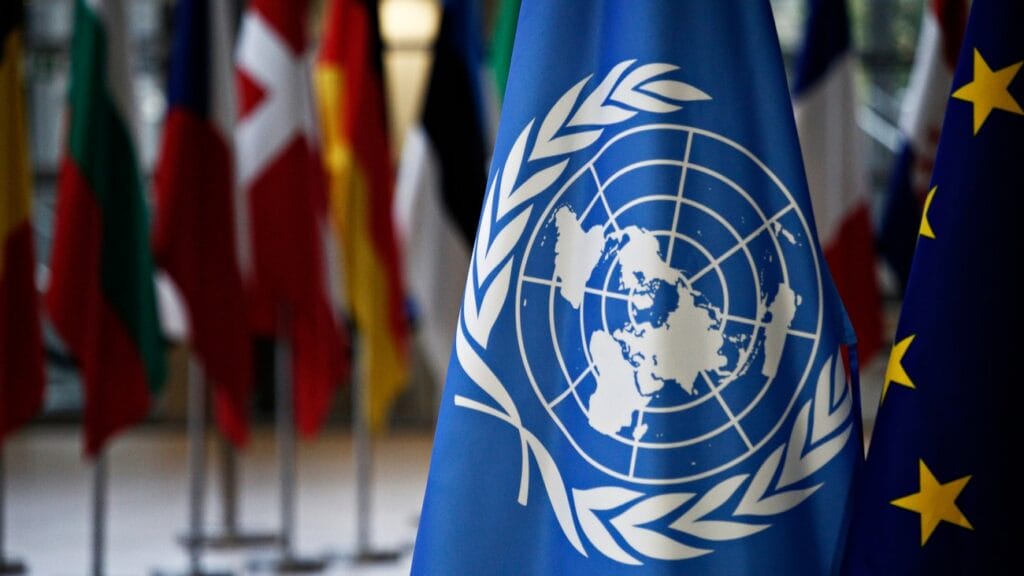The countdown has begun, and the alert is clear. At the opening of the ECOSOC Forum on Financing for Development, Antonio Guterres urged the international community to “step up” to save the Sustainable Development Goals (SDGs), with the 2030 deadline looming on the horizon.
With only five years left until the deadline, the UN Secretary-General did not mince his words: the world is facing a series of delays and structural obstacles that seriously threaten the achievement of the 17 goals adopted in 2015. The cause is a colossal financing gap estimated at $4 trillion per year, coupled with unsustainable borrowing costs that hinder investments in essential areas such as education, health, infrastructure, and energy transition.
Guterres’ criticisms also target the unfulfilled promises of donor countries, whose official development assistance remains far below commitments. He simultaneously denounces the rise of trade barriers, symptoms of a growing climate of distrust between nations, which weakens global cooperation and exacerbates economic tensions. According to him, trade wars harm everyone, but hit the most vulnerable populations even harder.
With just a few months to go before the International Conference in Seville on Financing for Development, the UN’s call aims to reactivate multilateral commitment. Guterres advocates for increased support for developing countries, notably through a reform of debt treatment, better cash management during crises, and a redesign of the international tax framework to make it fairer and more suited to the challenges of sustainable development and climate.
Finally, he calls on the G20, the IMF, and the World Bank to accelerate their efforts in implementing effective debt relief mechanisms, particularly for middle-income countries that are often left behind.
The message is clear: without an immediate surge, the ambition of the SDGs risks remaining a dead letter. With five years to the deadline, it is no longer time for promises, but for concrete action.


